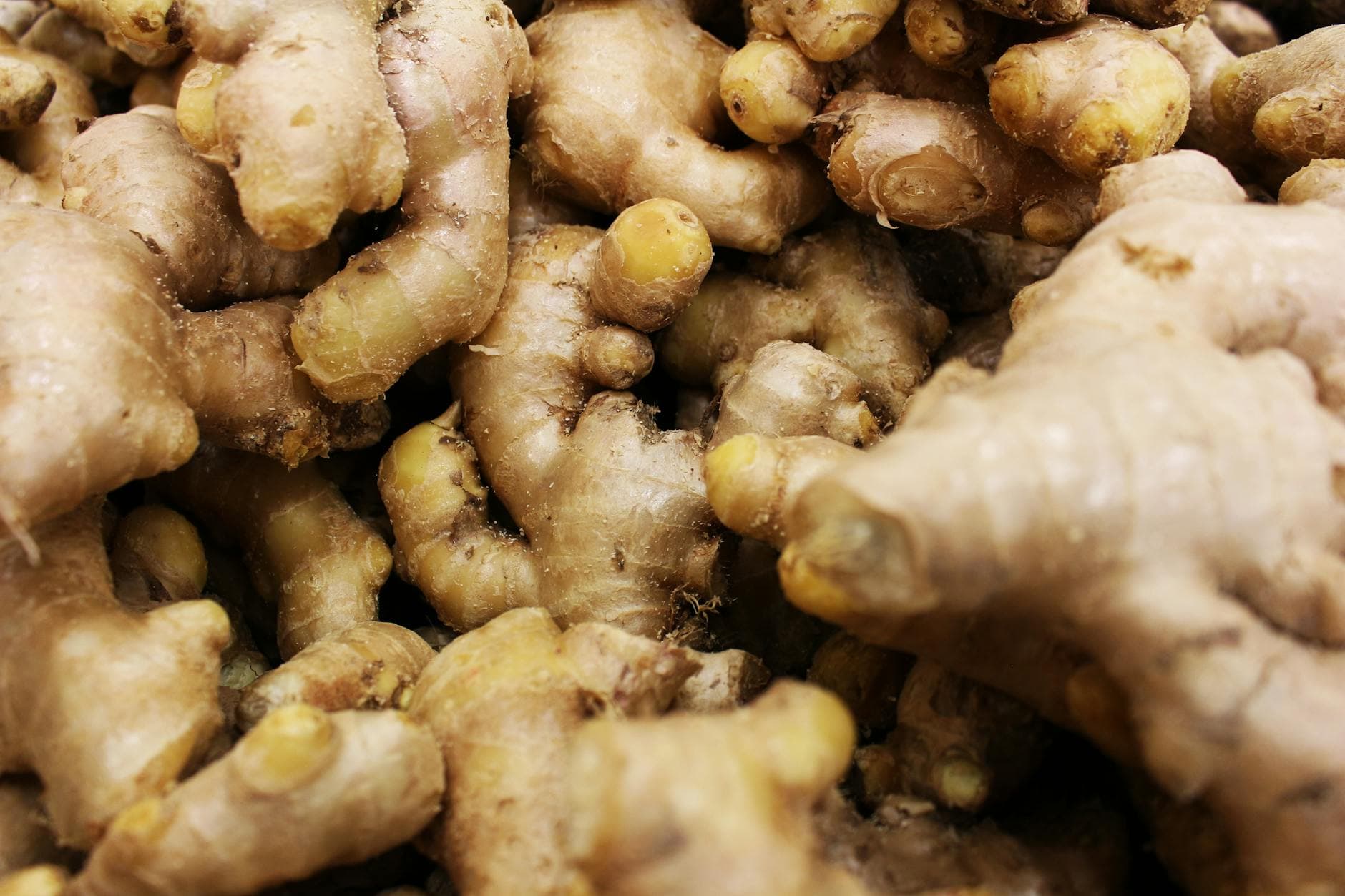Digestive discomforts like bloating, gas, and indigestion are common experiences that can significantly impact daily life. While conventional medicines offer relief, many individuals are turning to natural, herbal solutions for their gentle yet effective properties. At Healbal, we believe in providing evidence-informed insights into the power of nature. This article delves into how herbal remedies can offer soothing relief for your digestive woes, focusing on easily accessible and well-researched plants that have been used for centuries.
Causes
Understanding the Roots of Digestive Discomfort
Bloating and indigestion often stem from a variety of factors, making them highly prevalent. Identifying the underlying causes is the first step toward effective relief. Common culprits include:
- Dietary Choices: Consuming fatty, processed, or gas-producing foods (like certain beans, broccoli, or carbonated drinks) can lead to indigestion and bloating. Overeating or eating too quickly can also overwhelm the digestive system.
- Stress and Anxiety: The gut-brain axis is powerful. Stress can significantly impact digestive function, leading to symptoms like altered motility, increased acid production, and inflammation.
- Food Sensitivities: Conditions like lactose intolerance, gluten sensitivity, or other food allergies can trigger inflammation and discomfort after consuming specific foods.
- Gut Microbiome Imbalance: An overgrowth of certain bacteria or an imbalance in the gut flora can lead to excessive gas production and bloating.
- Hormonal Fluctuations: For women, hormonal changes during the menstrual cycle can contribute to bloating and digestive upset.
- Lack of Physical Activity: Regular movement helps stimulate gut motility and can reduce constipation, a common cause of bloating.
- Medications: Certain prescription and over-the-counter medications can have digestive side effects.
Symptoms
Recognizing the Signs: Common Symptoms
While everyone experiences digestive issues differently, some symptoms are widely shared when dealing with bloating and indigestion:
- Abdominal Distension: A visible swelling or increase in the size of the abdomen, often accompanied by a feeling of fullness.
- Excessive Gas: Frequent burping or flatulence.
- Abdominal Pain or Discomfort: A dull ache, cramping, or a sensation of pressure in the stomach area.
- Feeling of Heaviness: A prolonged sensation of being overly full, even hours after eating.
- Nausea: A mild, uneasy feeling in the stomach that may or may not lead to vomiting.
- Heartburn: A burning sensation in the chest, often accompanied by regurgitation of food or sour liquid.
Natural Remedies
Holistic Approaches for Digestive Harmony
Before diving into specific herbs, consider incorporating these general natural remedies into your routine to support overall digestive health:
- Mindful Eating: Slow down, chew your food thoroughly, and pay attention to your body's hunger and fullness cues. This aids digestion and reduces the amount of air swallowed.
- Stay Hydrated: Drinking plenty of water throughout the day helps maintain healthy bowel movements and prevents constipation, a common cause of bloating.
- Smaller, Frequent Meals: Instead of three large meals, opt for smaller, more frequent portions to avoid overloading your digestive system.
- Regular Physical Activity: Exercise helps stimulate gut motility, reducing gas and promoting regularity. Even a short walk after meals can make a difference.
- Stress Management: Practices like meditation, deep breathing, yoga, or spending time in nature can significantly reduce stress, which in turn benefits digestive function.
- Probiotics and Prebiotics: Incorporating fermented foods (like yogurt, kefir, sauerkraut) or supplements can support a healthy gut microbiome, which is crucial for digestion.
Herbal Treatments
7 Soothing Herbal Remedies for Bloating and Indigestion
Harnessing the power of plants can provide targeted relief for digestive discomfort. Here are seven evidence-informed herbal remedies:
- 1. Peppermint (Mentha piperita)
Benefits: Peppermint is renowned for its antispasmodic properties, primarily due to menthol. It helps relax the smooth muscles of the gastrointestinal tract, alleviating spasms that cause cramping, gas, and bloating. It's particularly effective for symptoms of Irritable Bowel Syndrome (IBS).
Usage: Enjoy peppermint as a warm tea by steeping fresh or dried leaves. Peppermint oil capsules (enteric-coated to release in the intestines) are also popular for targeted relief, but should be used under professional guidance.
Cautions: Avoid if you have severe heartburn or GERD, as it can relax the lower esophageal sphincter, potentially worsening symptoms.
- 2. Ginger (Zingiber officinale)
Benefits: Ginger is a powerful carminative and anti-inflammatory herb. It stimulates digestive enzymes, speeds up gastric emptying (preventing food from sitting too long in the stomach), and reduces nausea. Its compounds, gingerols and shogaols, help soothe the gut.
Usage: Add fresh ginger slices to hot water for a soothing tea, grate it into meals, or take it in capsule form. Candied ginger can also provide quick relief for mild nausea.
Cautions: High doses might interact with blood-thinning medications. Consult a healthcare provider if on such medication.
- 3. Chamomile (Matricaria chamomilla)
Benefits: Often associated with relaxation, chamomile also possesses potent anti-inflammatory and antispasmodic properties that benefit the digestive system. It can reduce gut inflammation, soothe muscle spasms, and calm nervous digestion.
Usage: Chamomile tea is the most common form. Steep dried flowers in hot water for 5-10 minutes. Drink before or after meals, or before bed for overall relaxation.
Cautions: Rare allergic reactions can occur in individuals sensitive to the daisy family (ragweed, marigolds).
- 4. Fennel (Foeniculum vulgare)
Benefits: Fennel seeds are a classic carminative, meaning they help expel gas from the intestines and reduce bloating. They also contain compounds that relax smooth muscles in the digestive tract, easing cramps and promoting healthy digestion.
Usage: Chew a small spoonful of fennel seeds after meals, or steep crushed seeds in hot water to make a tea. Fennel bulbs can also be incorporated into cooking.
Cautions: Generally safe, but pregnant or breastfeeding women should use in moderation.
- 5. Artichoke Leaf (Cynara scolymus)
Benefits: Artichoke leaf extract is particularly beneficial for indigestion, especially symptoms like bloating, fullness, and nausea. It stimulates bile production in the liver, which helps break down fats and improves nutrient absorption. This bitter herb also acts as a gentle diuretic, reducing water retention-related bloating.
Usage: Typically consumed as an extract or in capsule form. It can also be enjoyed in culinary preparations.
Cautions: Avoid if you have gallstones or bile duct obstruction, as it stimulates bile flow. Consult a doctor before use if pregnant or breastfeeding.
- 6. Anise (Pimpinella anisum)
Benefits: Similar to fennel, anise seeds are powerful carminatives and antispasmodics. They help reduce gas and bloating by relaxing the digestive tract muscles. Anise also has mild antimicrobial properties that can help balance gut flora.
Usage: Prepare anise tea by steeping crushed seeds in hot water. It's often found in herbal tea blends for digestion.
Cautions: Generally safe, but like fennel, pregnant or breastfeeding women should use in moderation.
- 7. Lemon Balm (Melissa officinalis)
Benefits: Lemon balm is a gentle, calming herb known for its ability to soothe nervous digestion. It has antispasmodic effects that can relieve cramps and gas, and its mild sedative properties help reduce stress-induced digestive upset.
Usage: Drink lemon balm tea by steeping fresh or dried leaves in hot water. It can also be found in tinctures or capsules.
Cautions: Generally safe; however, individuals with thyroid conditions should consult a doctor, as it may interact with thyroid medication.
Prevention
Long-Term Strategies for Digestive Wellness
Preventing bloating and indigestion often involves consistent lifestyle and dietary adjustments:
- Identify Trigger Foods: Keep a food diary to pinpoint specific foods that consistently cause discomfort and try to limit or avoid them. Common triggers include dairy, gluten, high-FODMAP foods, or artificial sweeteners.
- Eat a Fiber-Rich Diet: Gradually increase your intake of fruits, vegetables, and whole grains to support regular bowel movements, but be mindful that some high-fiber foods can initially cause gas.
- Manage Stress Effectively: Integrate daily stress-reduction practices like meditation, deep breathing, or light exercise to calm the gut-brain axis.
- Regular Meal Schedule: Eating at consistent times can help regulate your digestive system.
- Stay Active: Regular physical activity aids digestion and reduces constipation, a frequent cause of bloating.
- Limit Carbonated Drinks: The bubbles in soda and sparkling water can introduce excess air into your digestive system, leading to bloating.










